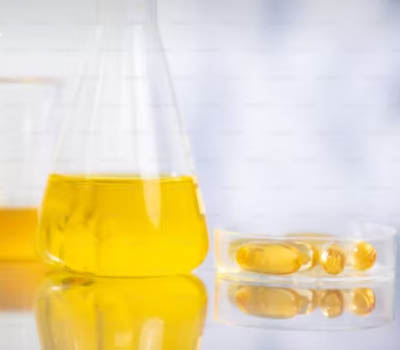The reason why edible oil can only be eaten after refining
Since 2004, the national health and epidemic prevention and quality inspection departments have banned the sale of all kinds of unrefined edible oil, so why can edible oil be eaten after refining? The following is a detailed introduction by the engineer of Huatai Grain and Oil Machinery.

After the oil press equipment initially presses oil crops, the oil produced has not been filtered and refined, which is called crude oil. When the crude oil is called refined oil after passing through refined oil refining equipment, there is a great difference between them. The following is a detailed explanation by the grease engineer of Huatai Grain and Oil Machinery. The main component of crude oil is a mixture of triglycerides (usually called neutral oil), in addition to which it also contains non-glycerol substances, collectively referred to as impurities. According to the dispersion state of impurities in oil, it can be divided into four categories.
- Suspended impurities Include silt, blank, powder and other solid impurities. The existence of these impurities is beneficial to the activities of microorganisms, which makes the oil easy to hydrolyze and rancid and inedible.
- Colloidal impurities Including phospholipids, protein, sugar, etc., the most important thing is phospholipids. The existence of these impurities not only makes the oil easy to hydrolyze and rancid, but also has a cloudy and dim appearance, which will produce foam and black precipitate when cooking, seriously affecting the color and flavor of food, and at the same time losing the nutritional value of oil itself, and is toxic.
- Oil soluble impurities Including free fatty acids, pigments, hydrocarbon waxes, aldehydes, ketones, trace metals, organophosphorus mercury, polycyclic aromatic hydrocarbons, aflatoxin and so on caused by environmental pollution. The existence of these impurities is harmful to human body and has carcinogenic effect.
4: Moisture Crude oil contains a lot of water, and the existence of water is easy to cause oil hydrolysis failure. Refined oil refers to refined oil that has been treated by refining equipment and meets the national quality standards, and harmful impurities such as water should be removed.
Judging from the development trend, the finishing of vegetable oil will also be the future development direction. The more products, the higher the profit. Therefore, many oil-squeezing workshops that are carrying out primary oil-squeezing can add a set of refined oil refining equipment, and the transformation of small refined oil refining equipment is a good investment innovation. For enterprises with large investment capacity, the pressing and refining equipment and technology are relatively complete, and the refined edible oil meets the current national edible oil standards and can be directly filled and sold to the market.
